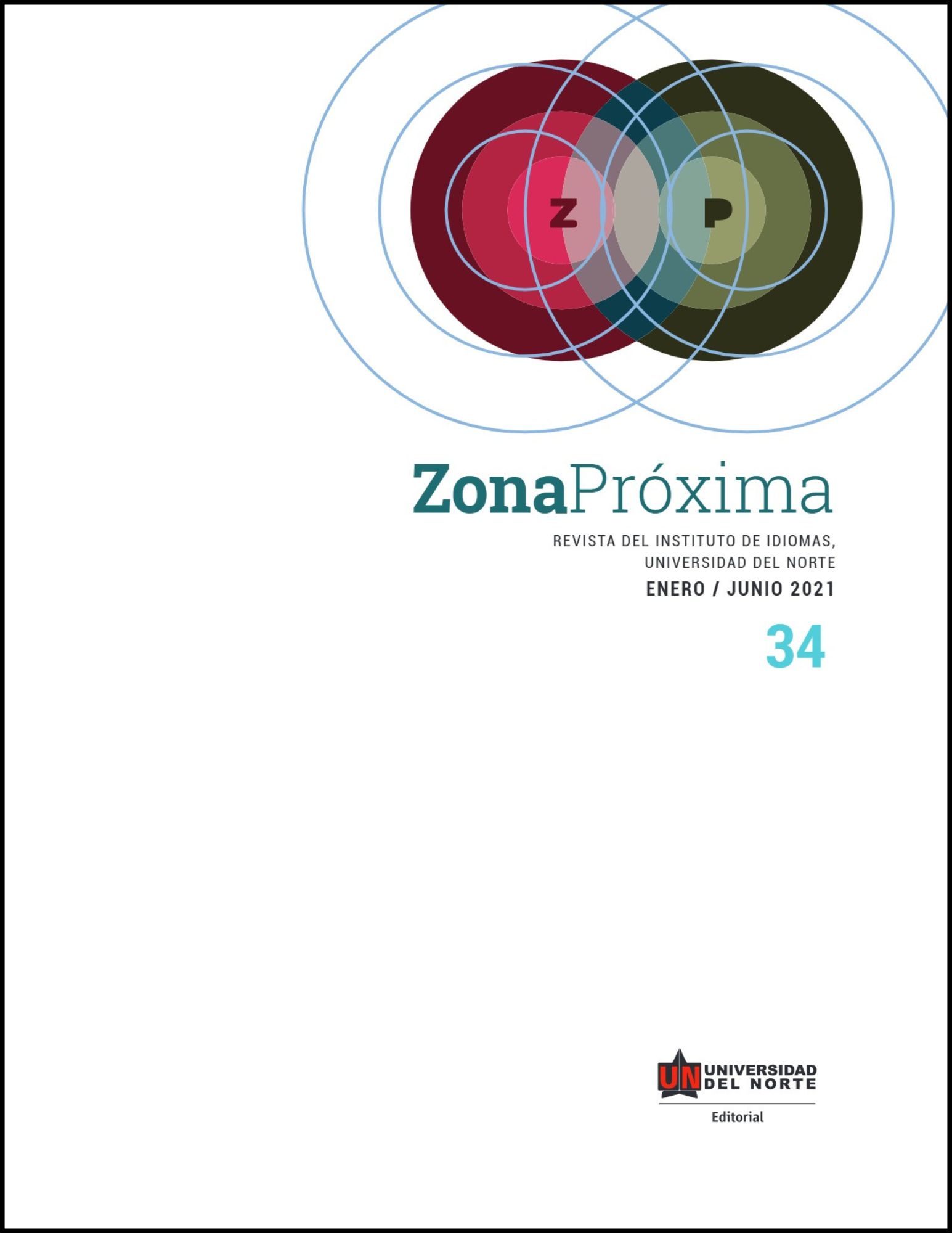Abstract
The research described in the following pages refers to the application of the mediated reflective practice model with English teachers at the Pierre Faure and The Little Prince Institutes in the city of Morelia, Michoaca?n, Mexico. Its purpose was to verify the feasibility of using this model by English teachers of infant and elementary education from their training in the use of it as well as to analyze the reflection of the participants and the changes made both at the perceptual level and in their pedagogical practice. Mediated reflective practice is understood as a process of systematic reflection on the praxis of the teacher with the support of a mediator following 3 phases: knowledge, meaning, and resignification. The methodology was based on socio-critical theories such as action research and reflective practice, being a qualitative single case study. The results indicate that the model is applicable in the mentioned educational levels, and it promotes the teacher reflection to solve the problems related to the classroom. It is concluded that the attitude of the teacher combined with the accompaniment of the mediator are fundamental factors to achieve the development of this type of practice.
References
Aguilar Mejía, E. & Viniegra Velázquez, L. (2003). Atando teoría y práctica en la labor docente. México: Paidós Educador.Argyris, C. & Schön, D. A. (1978). Organizational learning: A theory of action perspective. Reading. Mas-sachusetts: Addison-Wesley.
Barnett, R. (1992). Improving Higher Education. Buckinham: SRHE/Open University Press.Berté, M. (2014). Reflexionar: Un modo mejor de pensar. Madrid: Narcea.
Brookfield, S. D. (1995). Becoming a critically reflective teacher. San Francisco, CA: Jossey-Bass.Carr, W. (1996). Una teoría para la educación. Madrid: Morata.
Cerecero, I. (2019). Diez modelos relacionados con la práctica reflexiva. Revista Panamericana de Peda-gogía: Saberes y quehaceres del pedagogo, 28, 155-181.
Cerecero, I. (2017). Estrategias para el docente a partir de la práctica reflexiva. En U. d. Andrés, Práctica Reflexiva: Escenarios y Horizontes (pp. 89-103). Buenos Aíres: Aique Educación.(Esta fuente no referenciada en el texto)
Cerecero, I. (2018a). Práctica Reflexiva Mediada: Del autoconocimiento a la resignificación conjunta de la práctica docente. Latvia: Editorial Académica Española.
Cerecero, I. (2018b). Primer paso de la práctica reflexiva mediada: Conocimiento. En C. d. Educativa, La Formación del Docente y la Práctica Reflexiva (pp. 221-248). México: CINADE.Cerecero, I. (2018c). Propuesta de un nuevo modelo: Práctica Reflexiva Mediada. INNOEDUCA, Inter-national Journal of Technology and Educational Innovation, 4(1), 44-53.Dewey, J. (1995). Democracia y educacion: Una introducción a la filosofía de la educación (2ª ed.). Ma-drid: Ediciones Morata.
Domingo Roget, Á. y Gómez Serés, M. V. (2014). La Práctica Reflexiva: Bases, modelos e instrumentos.Madrid: Narcea.Esteve, O. (2011). 2. Desarrollando la mirada investigadora en el aula. La práctica reflexiva: Herramienta para el desarrollo profesional como docente. En U. R. Bikandi (Coord. Ed.), Lengua castellana y literatura. Investigación, innovación y buenas prácticas (vVol. III, pp. 29-48). Barcelona: Grão.
Gallagher, S. y Zahavi, D. (2013). La mente fenomenológica (2ª ed.). España: Alanza Editorial.
Johnson, K. E. & Golombek, P. R. (2011). Research on second language teacher education: A sociocultural perspective on professional development. New York: Routledge.
Kemmis, S. (1988). El curriculum: más allá de la teoría de la reproducción (3ª ed.). Madrid: Ediciones Morata.
Lantolf, J. P. (2015). Ponencia Systemic Theoretical Instruction and the Unnecessary Separation of Theory and Practice. En Simposio Enfoques socioculturales para el aprendizaje/enseñanza de lenguas. Investigación y formación del Profesorado. Barcelona: Universitat Pompeu Fabra.
Latorre, A. (2003). La investigación-acción: Conocer y cambiar la práctica educativa. Barcelona: Gráo.
McNiff, J. & Whitehead, J. (2010). You and your actiion reseach project. London-Nueva York: Routledge.
Pedroza, R. (2014). La Investigación-Acción en la Práctica Educativa Reflexiva (2ª ed.). México: Colegio de Investigadores en Ciencias de la Educación.
Rolfe, G., Freshwater, D. & Jasper, M. (2001). Critical reflection in nursing and the helping professions: a user’s guide. Basingstoke: Palgrave Mcmillan.
Schön, D. A. (1992). La formación de profesionales reflexivos: Hacia un nuevo diseño de la enseñanza y el aprendizaje en las profesiones. Barcelona: Ediciones Paidós y Ministerio de Educación y Ciencia.
Stenhouse, L. (2003). Investigación y desarrollo del curriculum. Madrid: Ediciones Morata.
Vygotsky, L. S. (1978). Mind in society: The development of higher psychological processes. Cambridge: Harvard University Press.
Zeichner, K. M. (1982).


